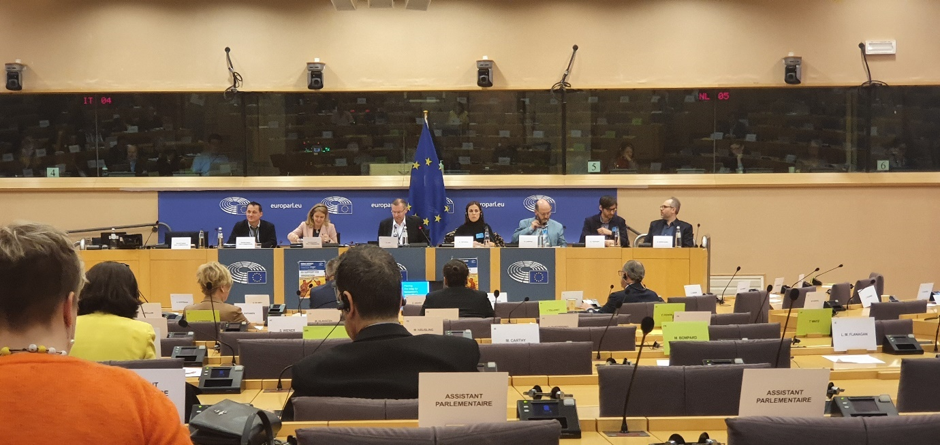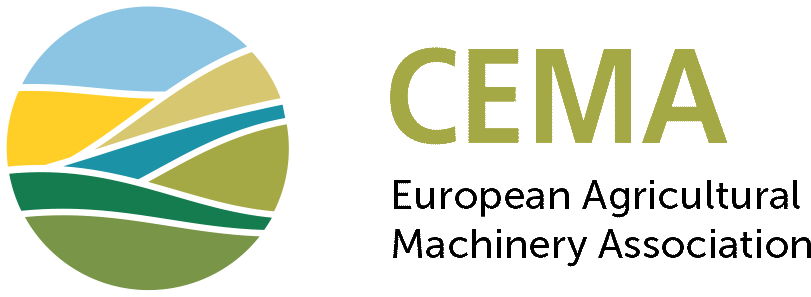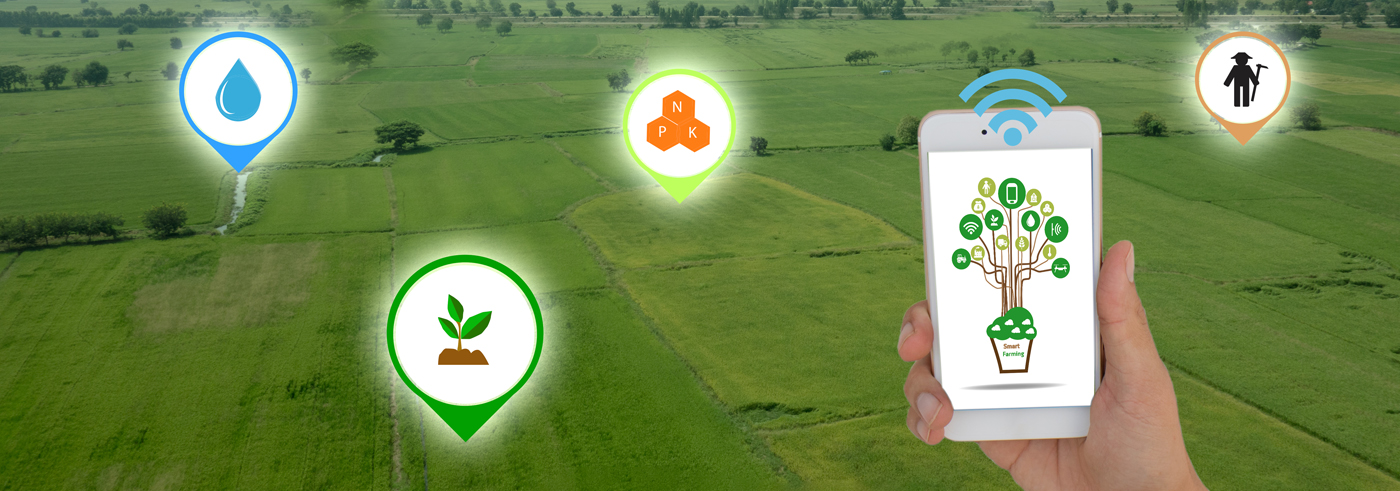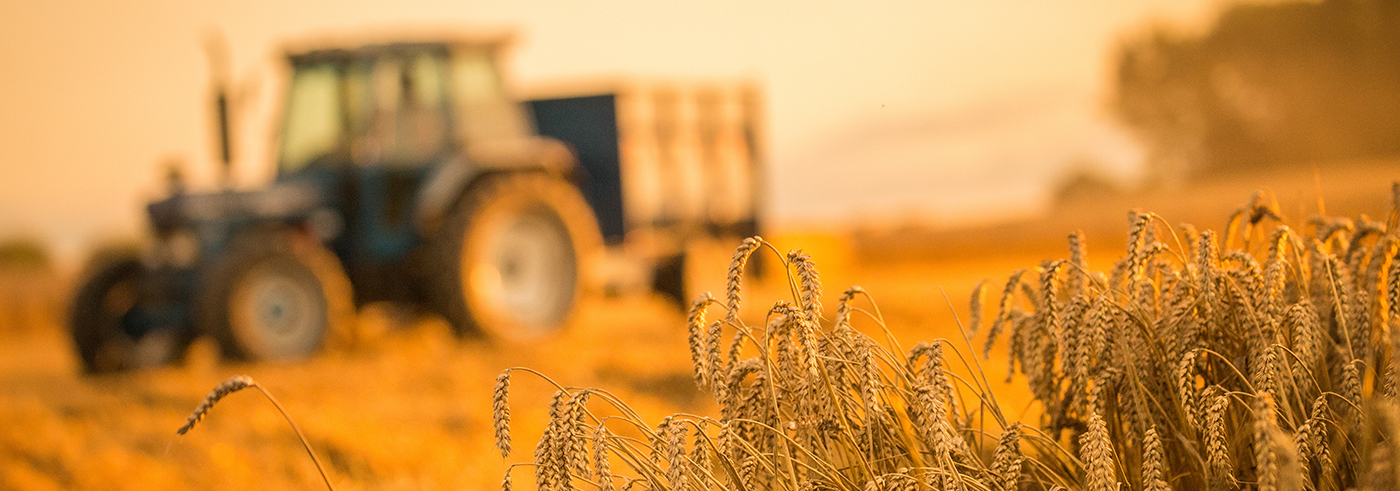Key insights from stakeholders and EU Commission on CAP & Horizon Europe
***

On 18th February 2020, CEMA attended a public hearing on the topic of "EU support for innovation in agriculture”. Discussions about the Common Agriculture Policy and the AGRI-EIP took place as well as regards the EU Framework programme for Research and Innovation (Horizon Europe) and the future Mission “Soil, Health, Food”.
CEMA reports below the main messages put forward by the panelists* and the EU Commission that in our view might have an impact on re-shaping the next Common Agriculture Policy & Horizon Europe Research Programme.
- Digital innovation is considered as a catalyst for sustainable development of EU agriculture and key factor for the success of Green Deal. Fast and just digital transformation for all EU farmers & sectors through common, coordinated, sufficiently funded, targeted and pragmatic policy approaches should be on the EU Green Deal - CAP post 2020 agenda
- Could Smart farming be considered as a service? Agricultural advisers are key partners for farmers. With their advice they can support farmers in decreasing production costs and risks mitigation, while increasing both quality and quantity of the final product. Peer to peer exchange on good practices is crucial to boost the uptake of innovative technologies. The Horizon 2020 FairShare project, where CEMA is a partner, is also looking at ways to train the trainers i.e. agricultural advisors, and by extension provide better information on digital tools to farmers and agriculture students.
- Innovation in farming is a process including invention, adoption and market exploitation. This concept needs the involvement of different stakeholders from the agri-community with farmers holding the central role in the innovation process.Already now, the farmer community shows a clear willingness to apply the knowledge acquired through innovation processes in order to achieve social, environmental and economic improvements.
- Is innovation only related to the adoption of new technologies? This was mentioned as one of the crucial elements but not the only one. Besides that, other elements were put forward such as improvements in the context of agroecology (application of ecological principles to the design and management of agricultural systems) together with fundamental research (e.g. precise breeding).
- What are potential research areas that might get special attention under Horizon Europe? Several topics were pointed out as priority issues such as: pest monitoring, soil science and microbiome in the soil, weed control strategies, creation and exploitation of genetic diversity, data governance, together with education for farmers. To support this further, the European Commission is looking at ways to get further impact from EU research on the ground. To do so, five specific missions including ambitious but realistic goals in line with the Green Deal will be put in place in the coming years: healthcare-cancer, climate change, farming, soil health and food.
Additional information, including opening presentations by the Panelists and information package prepared by the Policy Department for Structural and Cohesion Policies is available on this link
* Panelists were:
- Dr Nils Borchard, Research manager for plant production and senior scientist, Natural Resources Institute Finland
- Mr Hendrik Tschoep, R&I, Director of SESVanderhave, Belgium
- Dr Nic Lampkin, Organic Policy, Business and Research Consultancy, Germany
- Mrs Elli Tsiforou, Director General of Gaia Epicheirein, Member of COPA-COGECA, Greece
- Mr Norbert Lins, MEP - Committee on Agriculture and Rural Development Chair







